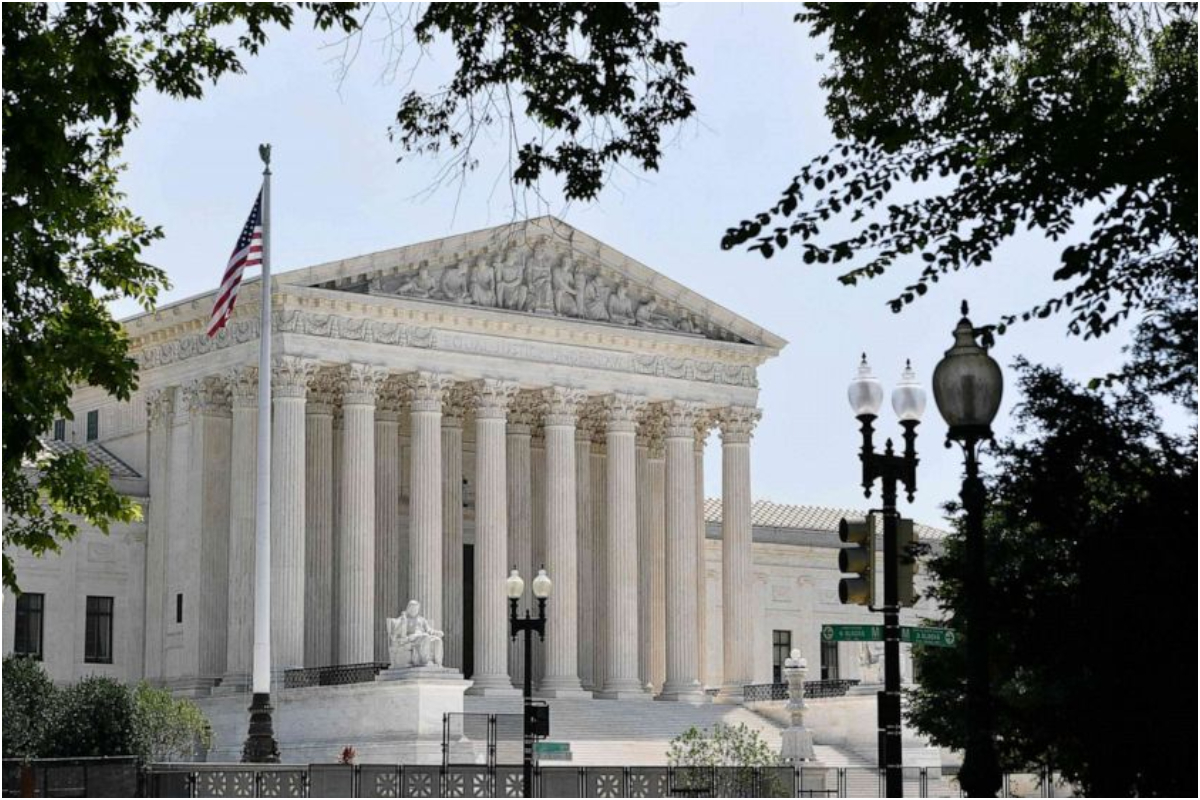- Voting rights advocates are up against North Carolina’s Republican-controlled legislature.
- The legislature wanted to redrew electoral lines to favor the party.
- Given the election clause, the Supreme Court must decide if state courts are irrelevant.
US Supreme Court is currently hearing arguments in a case that could significantly extend the authority of state legislators over election regulations.
Voting rights advocates are up against North Carolina’s Republican-controlled legislature, which wanted to redrew electoral lines to favor the party, in this case.
The dispute arises amid a heated public discussion about the credibility of the US election.
Activists worry that the court’s approval could completely alter the political process.
A Democratic majority on the North Carolina Supreme Court previously rejected the Republican attempt to alter the state’s election districts, ruling that the action was unconstitutional.
A different map drawn by the court divided the state’s 14-member delegation to the House of Representatives evenly 50/50.
The US Supreme Court must now decide whether or not state courts are irrelevant in light of the US constitution’s clause allowing states to control the “times, places, and manner” of elections.
The Associated Press reported that Michael Luttig, a conservative former judge who has joined the legal team defending the North Carolina court’s ruling, called the case “the single most important case on American democracy – and for American democracy – in the history of the nation.”
The independent state legislative principle, which contends that state legislatures should be free to determine electoral laws without interference, forms the foundation of the legislator’s defense in this case.
Attorneys for the legislature argued in court documents that the constitution contains “unambiguous wording” regarding the matter.
Justice Samuel Alito wrote in March that “if the language of the elections clause is taken seriously, there must be some limit on the authority of state courts to countermand actions taken by state legislatures when they are prescribing rules for the conduct of federal elections.”
Four of the nine members of the Supreme Court have previously expressed a tentative support for the argument.
[embedpost slug=”us-supreme-court-signals-biden-to-end-trump-era-immigration-rule/”]





















